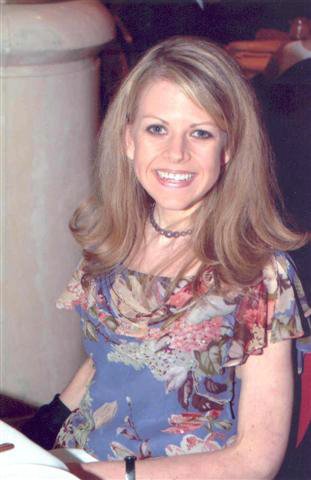Summer Television: MI-5
I haven't watched much television this summer-- due to a generally busy time and teaching an evening course, but also due to the overall lack of anything worthwhile to watch. One new show that I have been enjoying, however, is the British spy series currently airing on A&E, MI-5.
I tuned into it last week vaguely intrigued at best and found that it's actually quite clever (and not just in a: things said with a British accent sometimes just sound more clever kind of a way). It's certainly much grittier than, say, "Alias" (which I also enjoy, but in a totally different way). It also embeds the actions of its heroes in a somehwat cynical even perhaps critical take on the government they work for-- in a way that we'd never see on "Alias," "24," or certainly the dreadful "The Agency." There have been a few off moments so far-- an overly cutesy twist at the end of the first episode, in particular. And I'm still trying to work out what I think about the characters, most of whom have only been rather thinly drawn at this point (but seem to have potential).
So, I recommend it, if you're looking for something to watch. I should warn, though, that my standards are possibly a little low right now because it's been soooo long since I've found a new show that I like and with two of my favorites getting canceled last year (Buffy and Farscape) and with abandoning some other shows last season (West Wing most notably) I've been looking for something to fill those slots. Or else I'd have to do something dreadful like, you know, write my dissertation . . .


